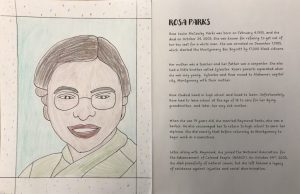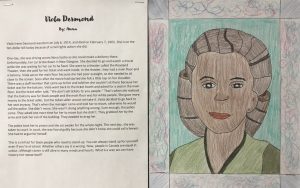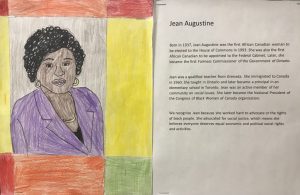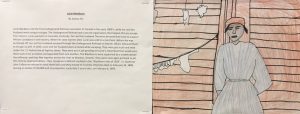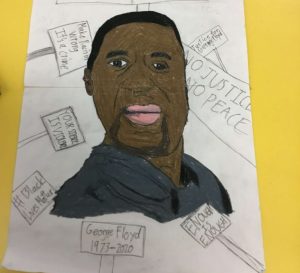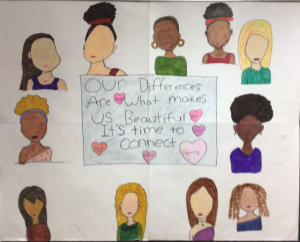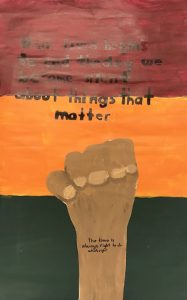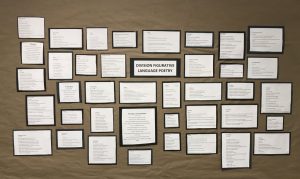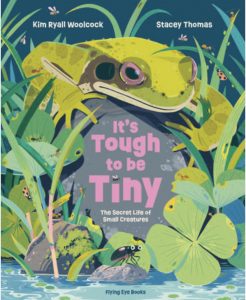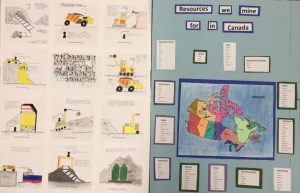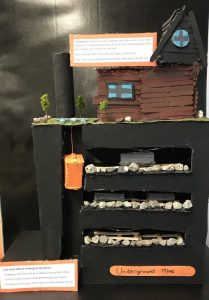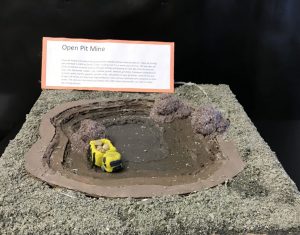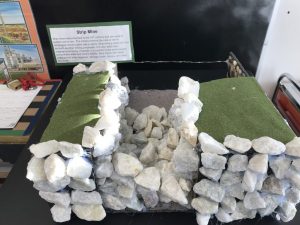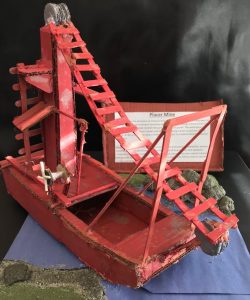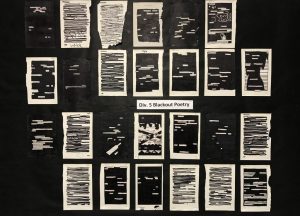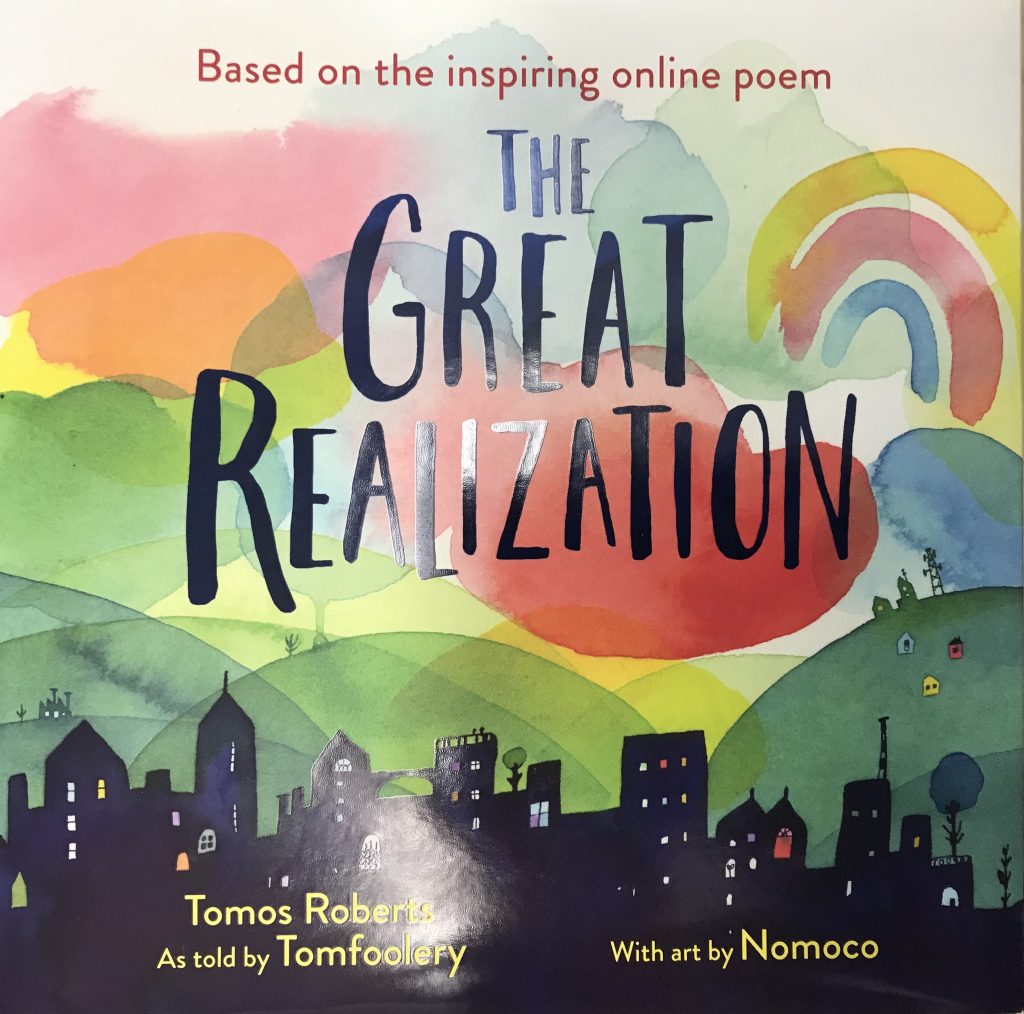Reimagining Our Community: Student Prototypes for a Sustainable Future
This past week, our students took on the challenge of designing more sustainable and inclusive communities. Using their knowledge of sustainability, accessibility, and urban planning, they created prototypes that reflect both environmental responsibility and the values of their user personas.
Through hands-on model-building, students explored solutions for:
Sustainable Housing: Energy-efficient homes using renewable materials and smart design.
Accessible Pathways: Safe, well-connected routes for people of all abilities.
Recreation Facilities: Green spaces that promote health, well-being, and biodiversity and energy efficient swimming pools.
Transit & EV Charging: Infrastructure that supports low-carbon transportation.
Retail & Food Systems: Locally sourced goods, food waste reduction initiatives, and integrated community food bank programs to ensure food security while minimizing environmental impact.
Community Spaces & Stewardship: Multi-use areas that reduce waste and promote circular economies, including makerspaces where residents can repair, repurpose, and sell upcycled products. These spaces also foster community engagement, allowing people to track and celebrate progress toward environmental goals.
Each project was guided by a unique user persona, encouraging students to think deeply about how design choices impact real people’s lives. Their creativity and problem-solving skills were on full display as they built models that prioritize environmental sustainability, inclusivity, and community needs.
Check out the incredible student work below!
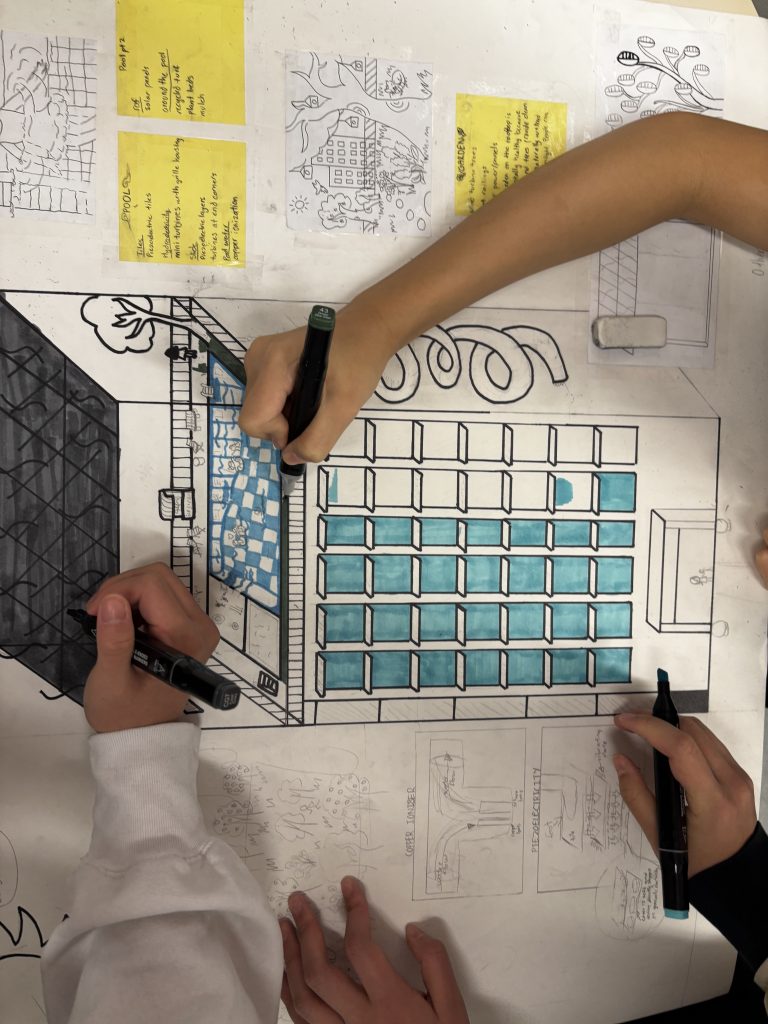
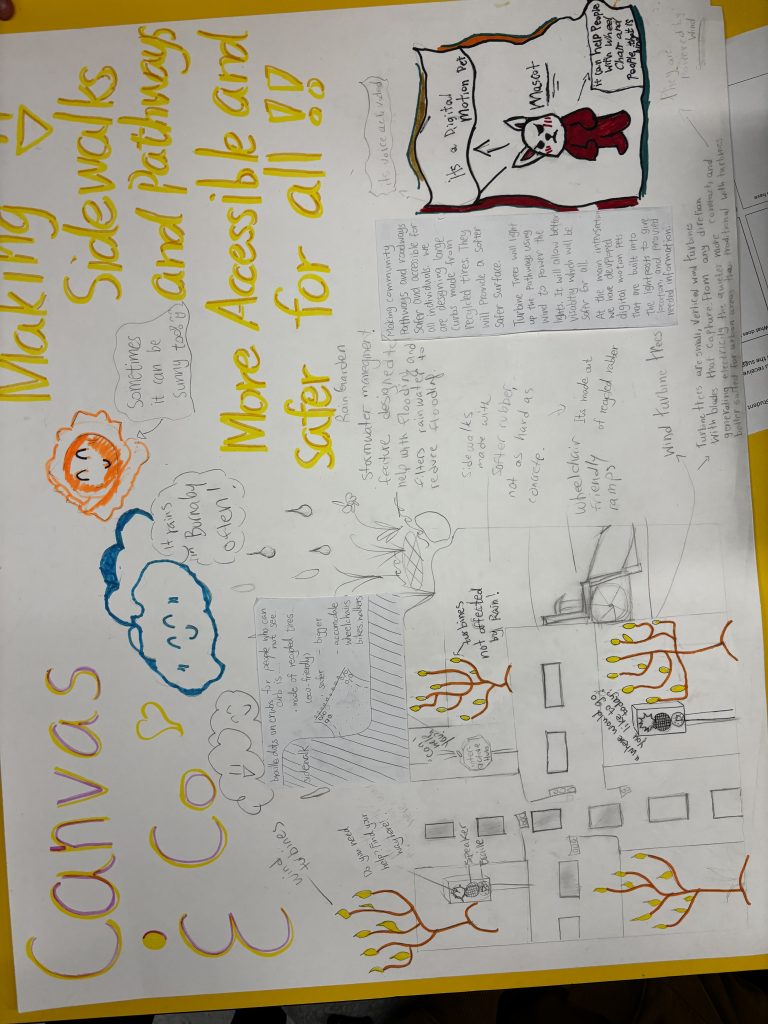
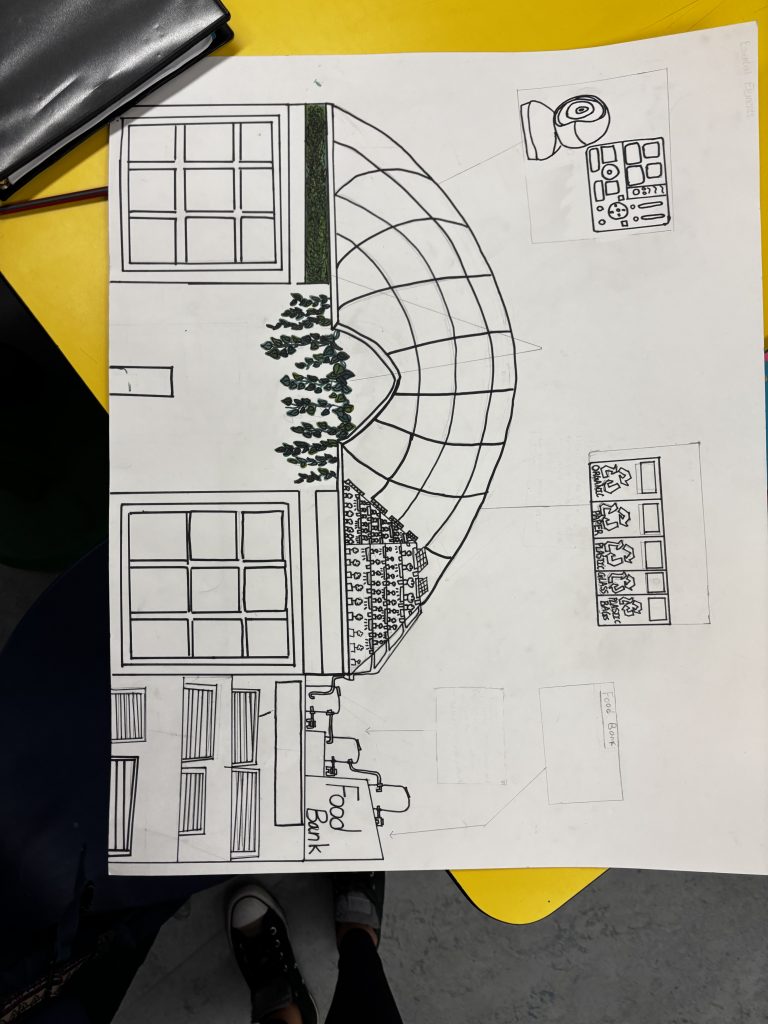
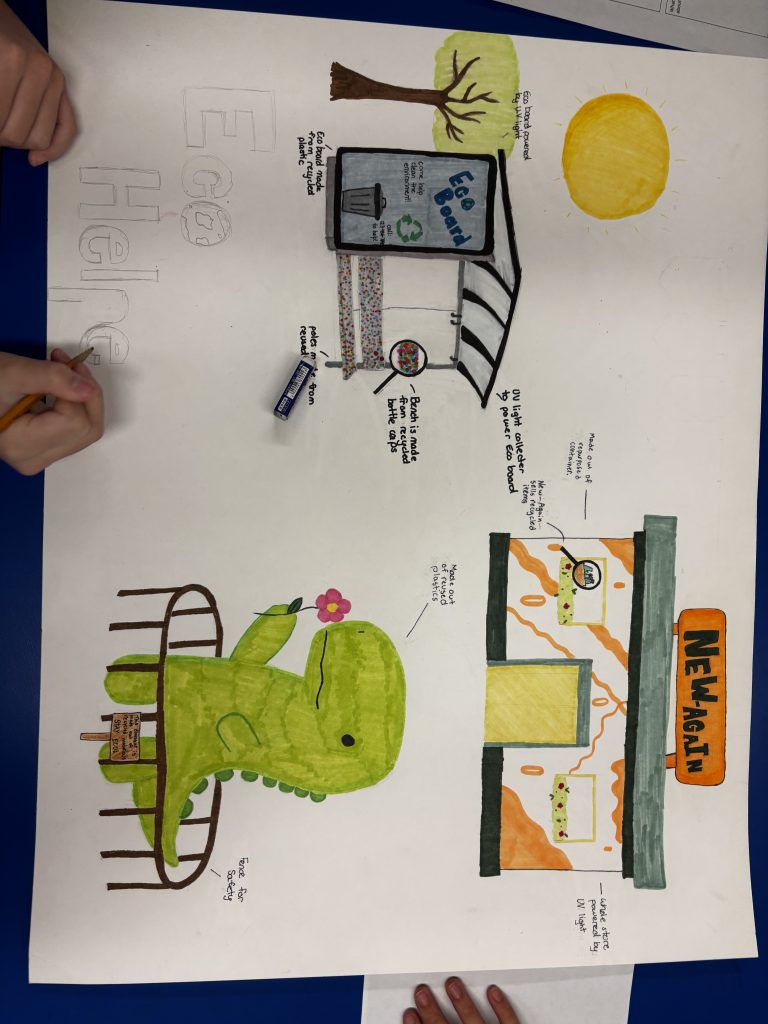
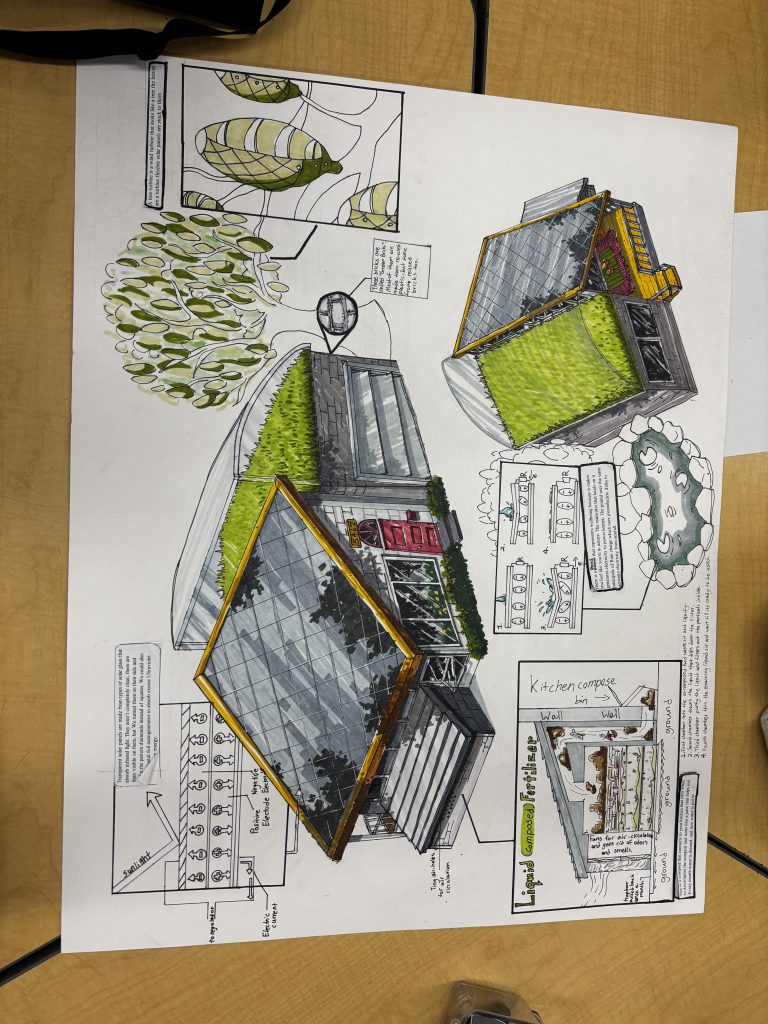
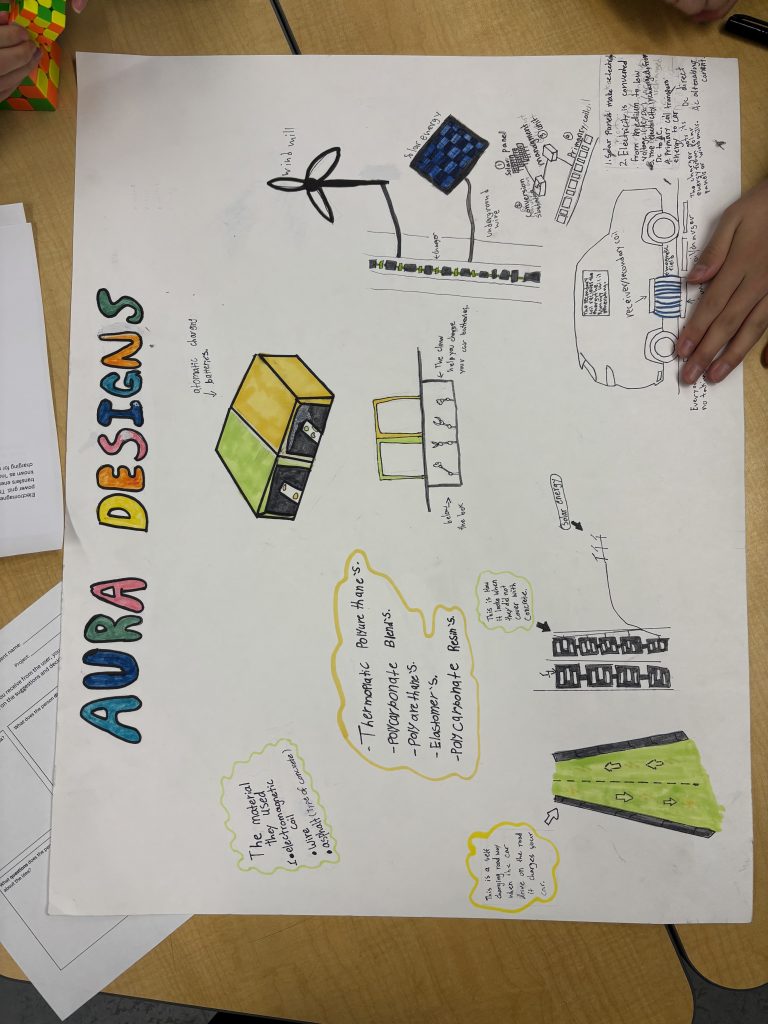
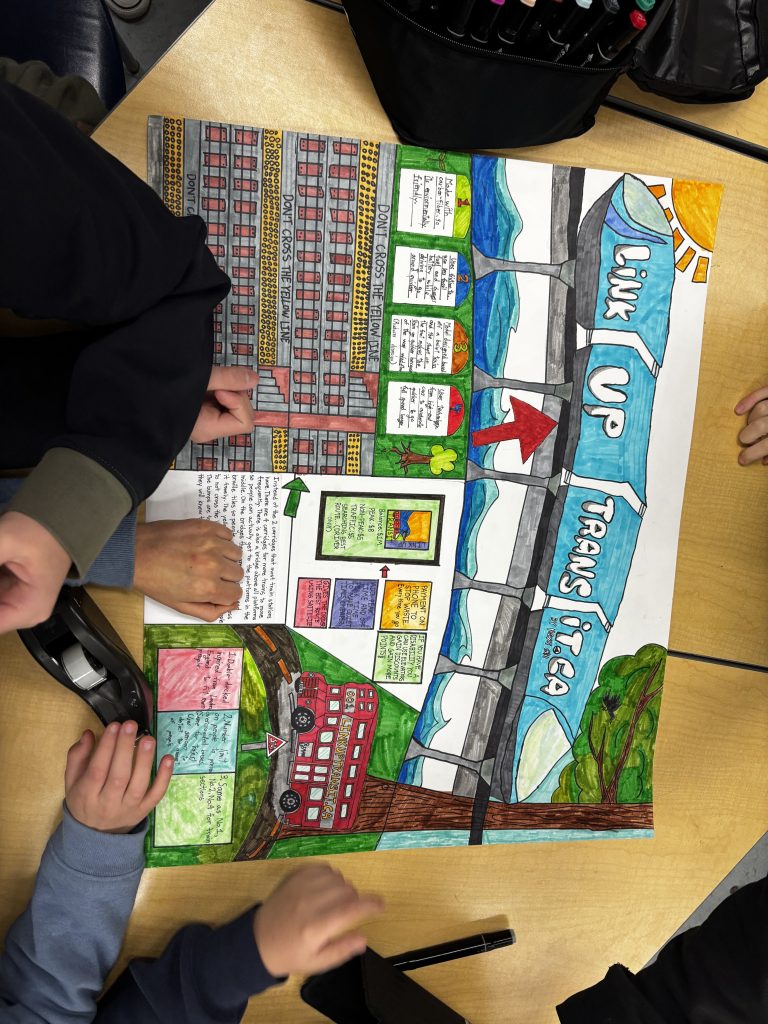
Through this process, students gained hands-on experience in sustainable design thinking which is an important step in shaping the cities of tomorrow. What features would you love to see in a more sustainable and inclusive community? Let us know in the comments!
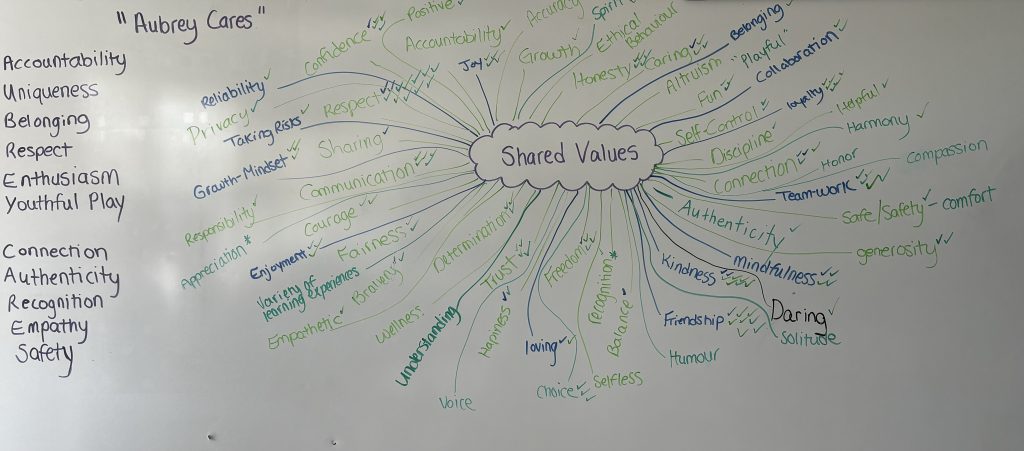

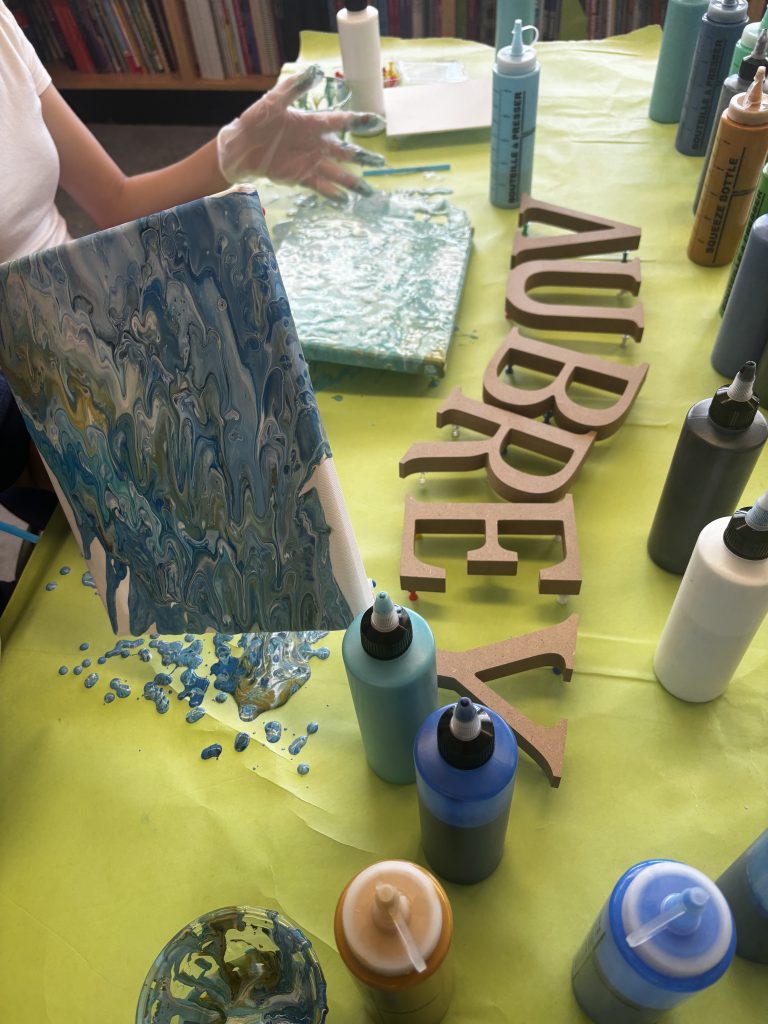
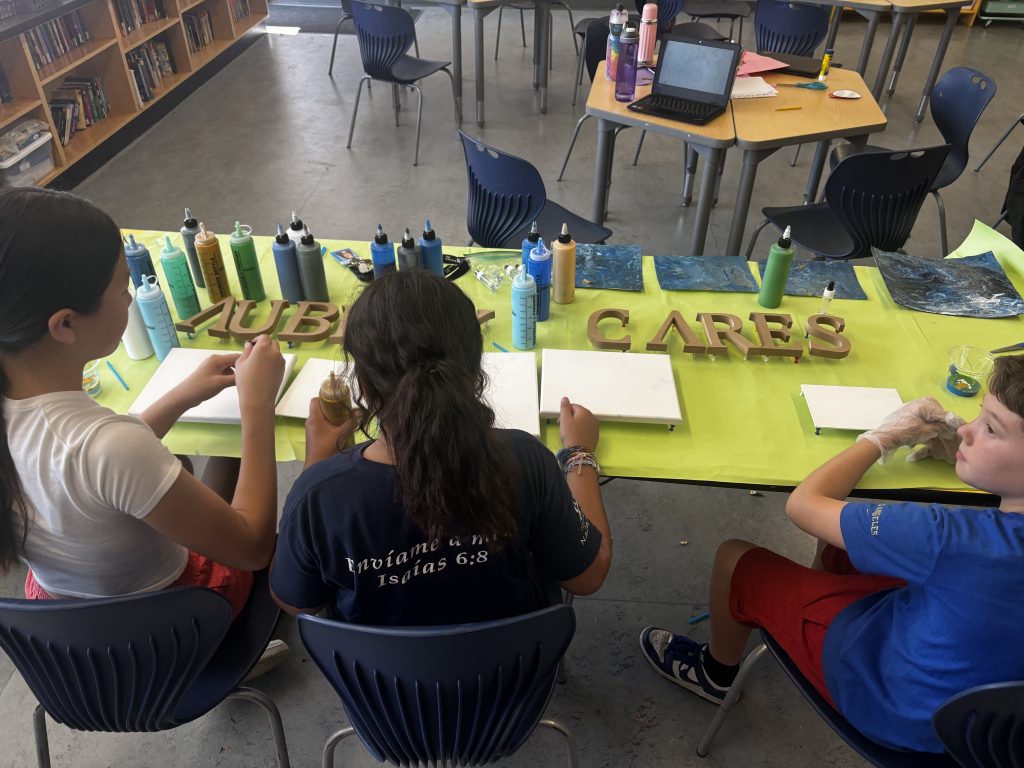
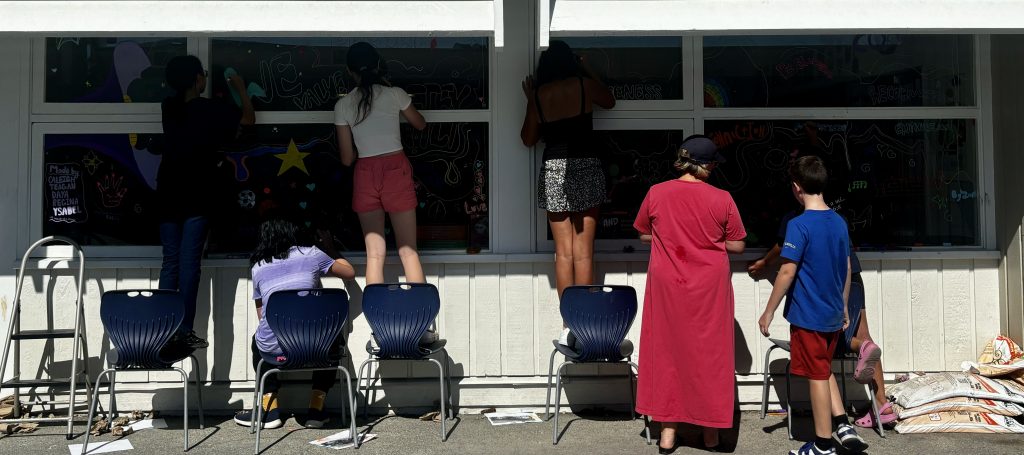


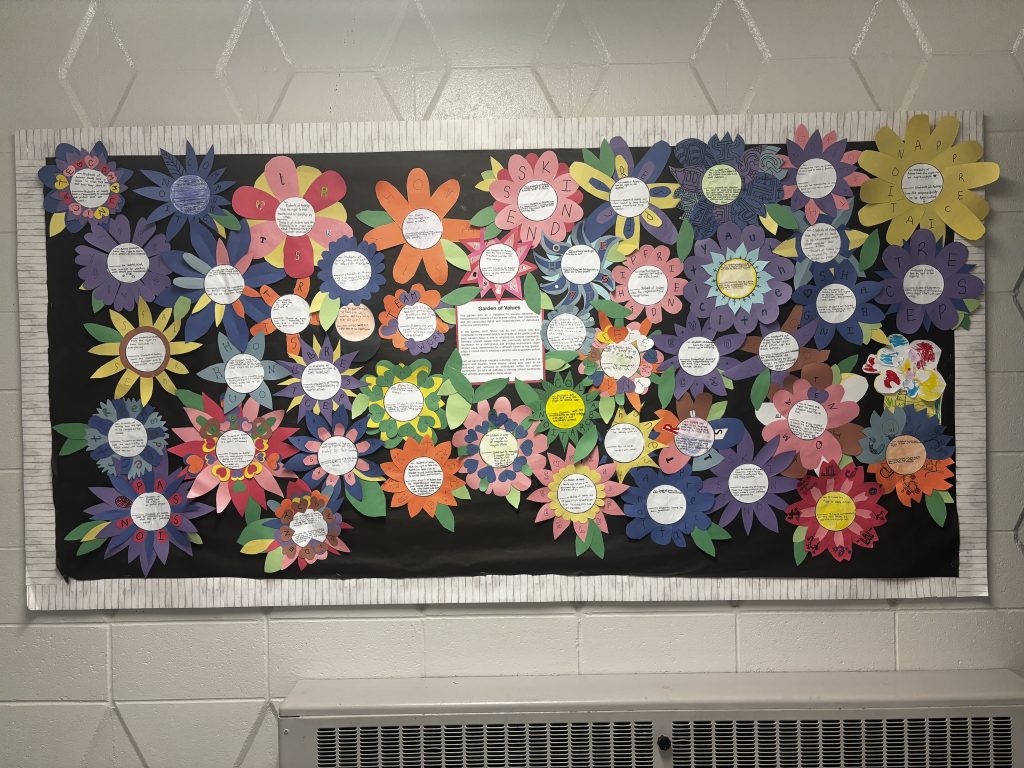
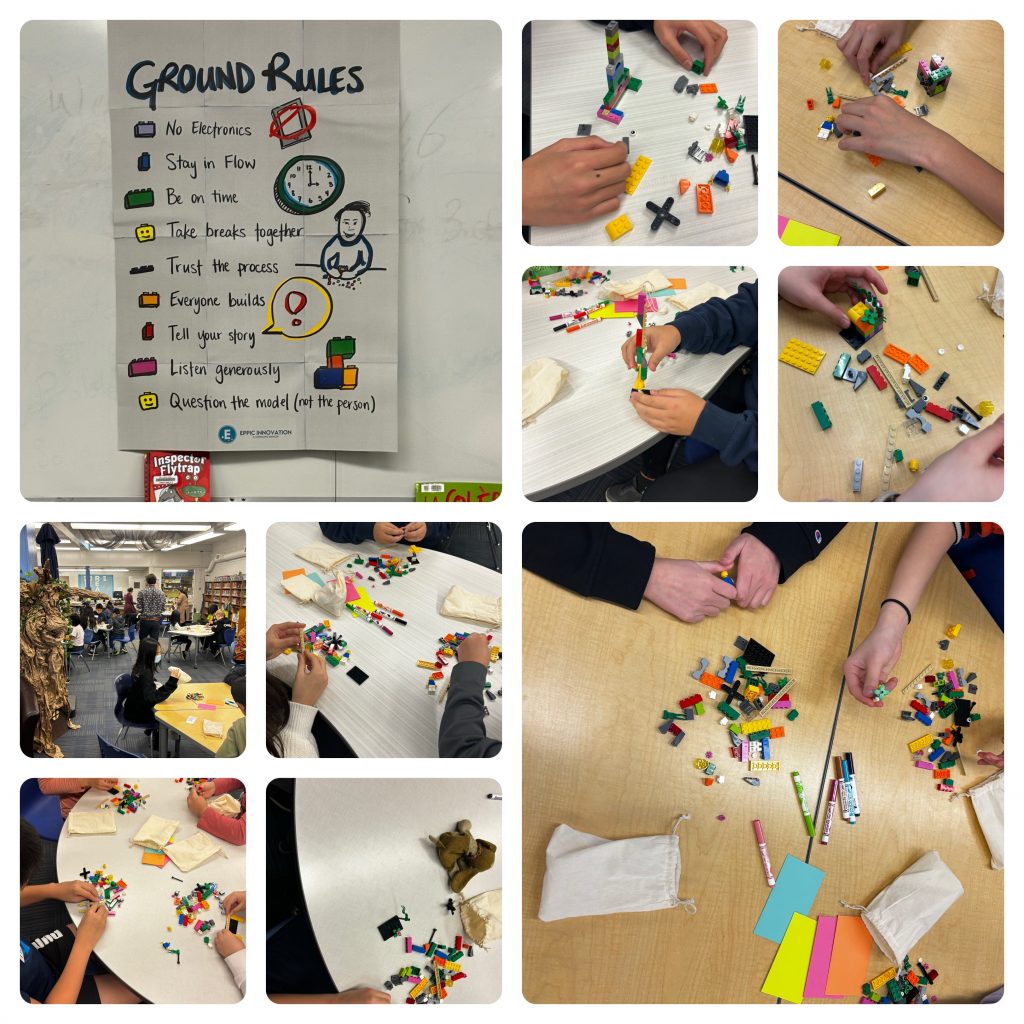

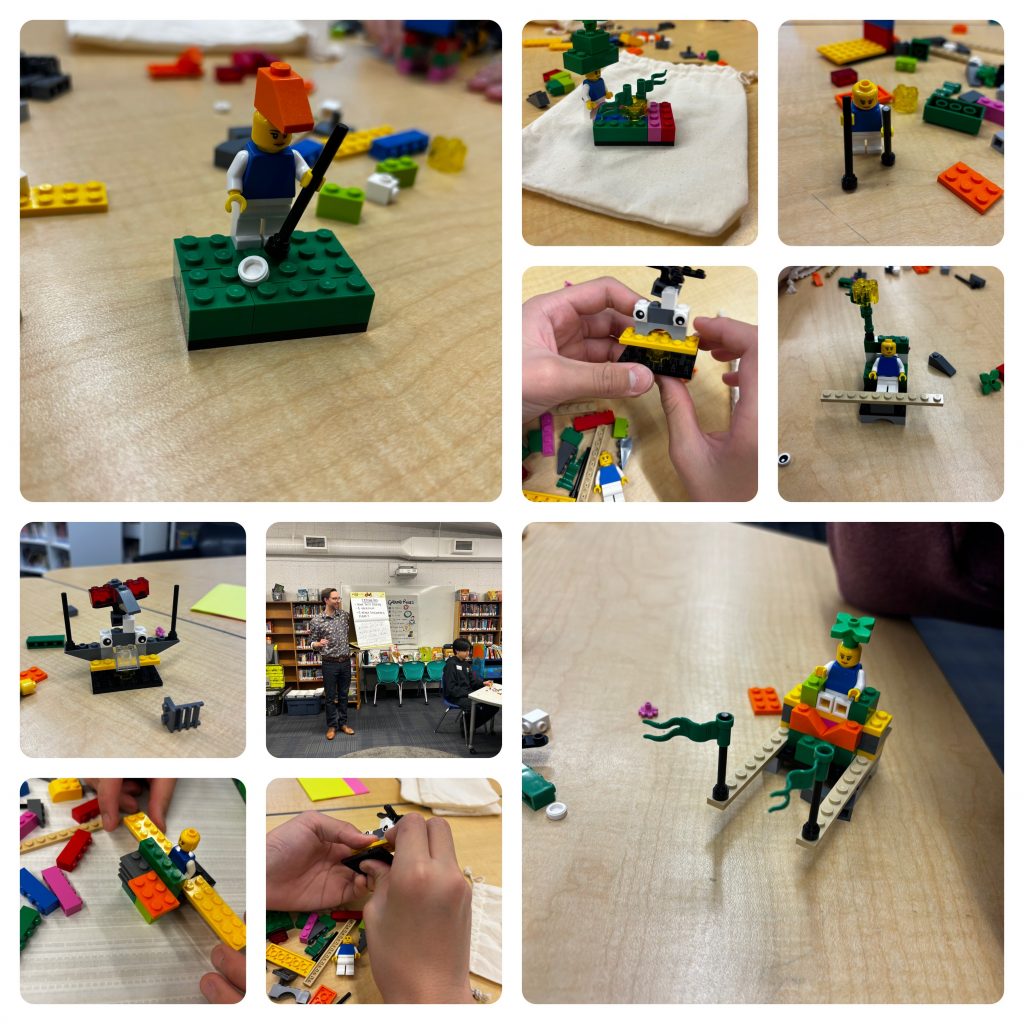
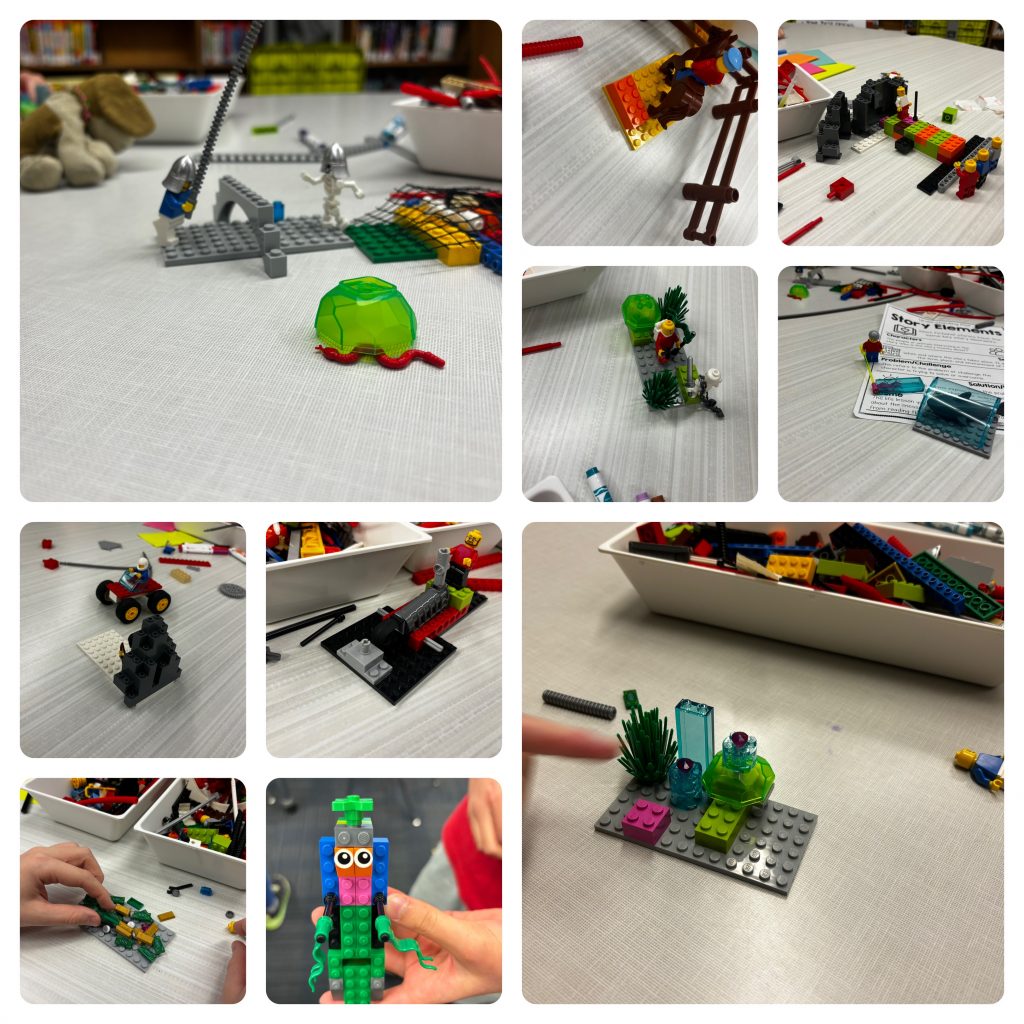
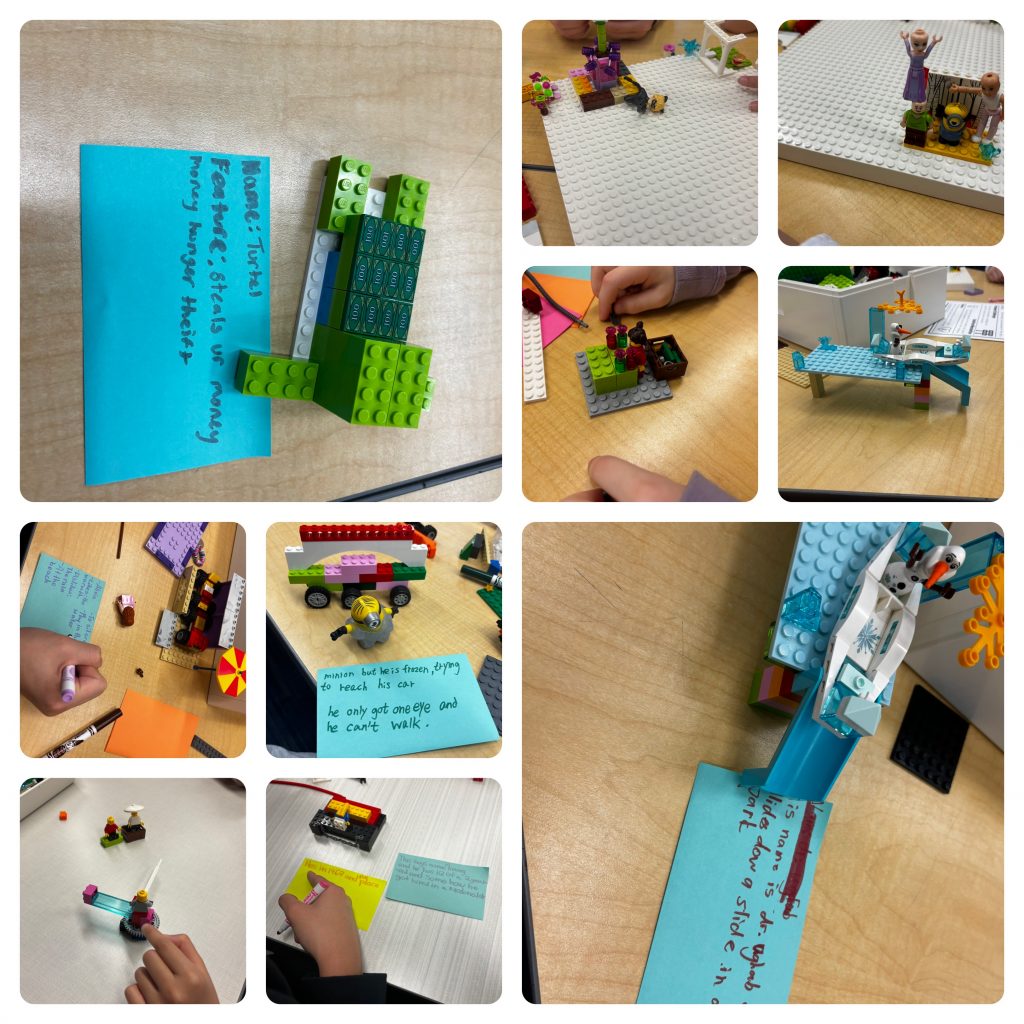
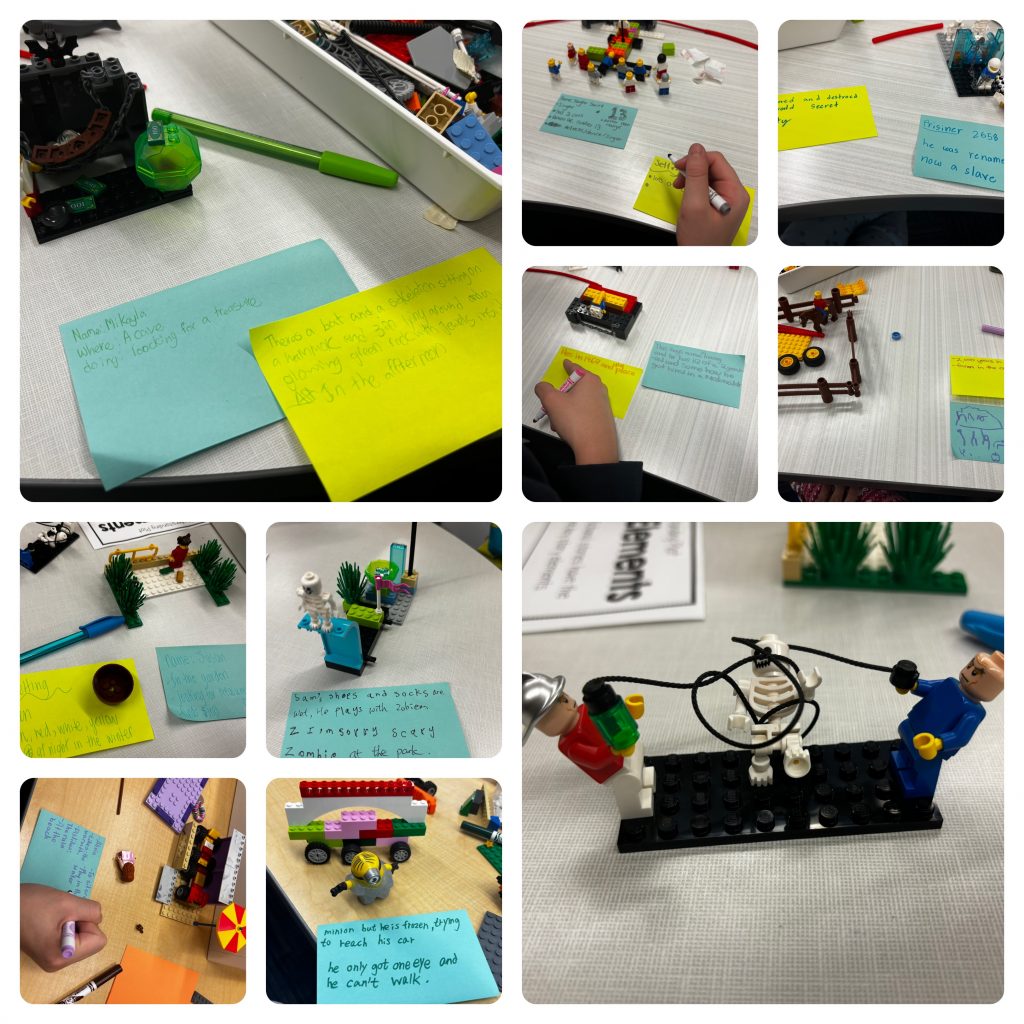
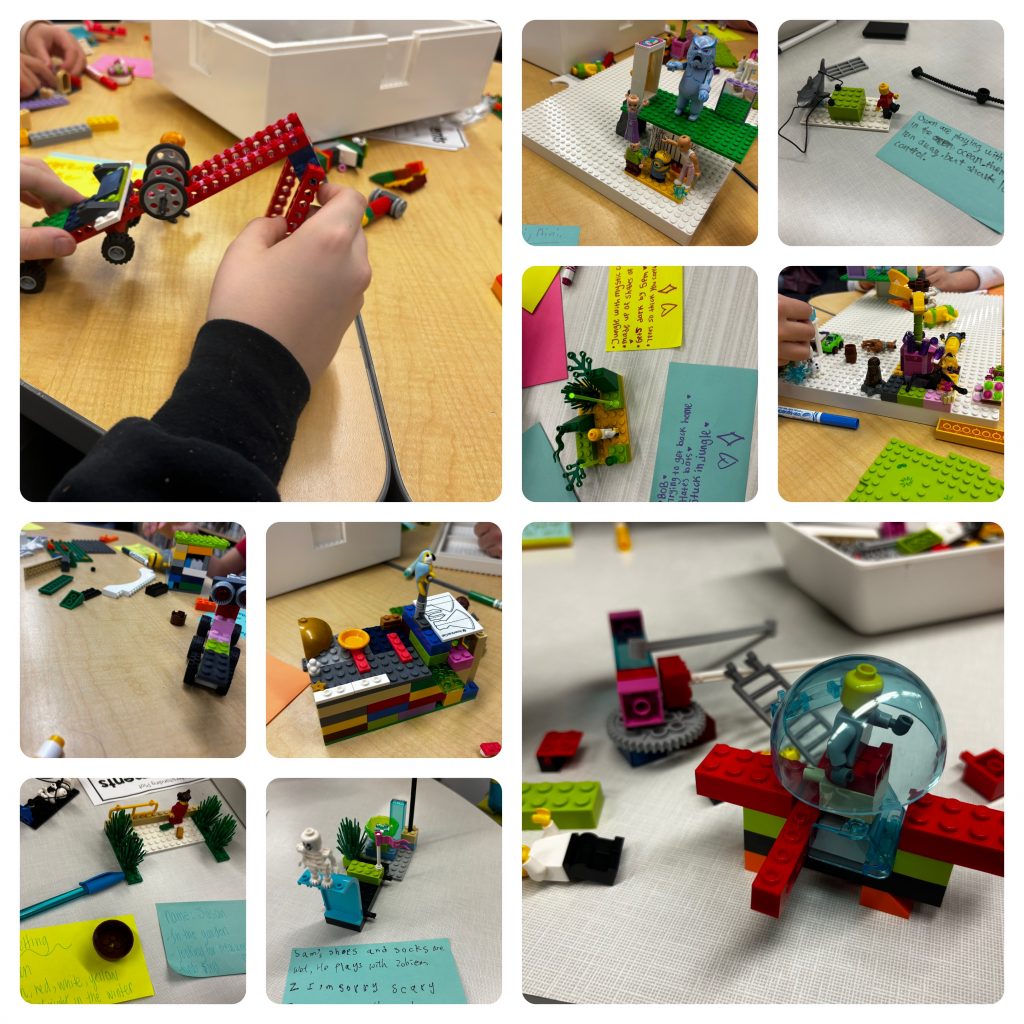 Students had so much fun prototype narratives on Friday afternoon during our Serious Lego Play Workshop.
Students had so much fun prototype narratives on Friday afternoon during our Serious Lego Play Workshop.